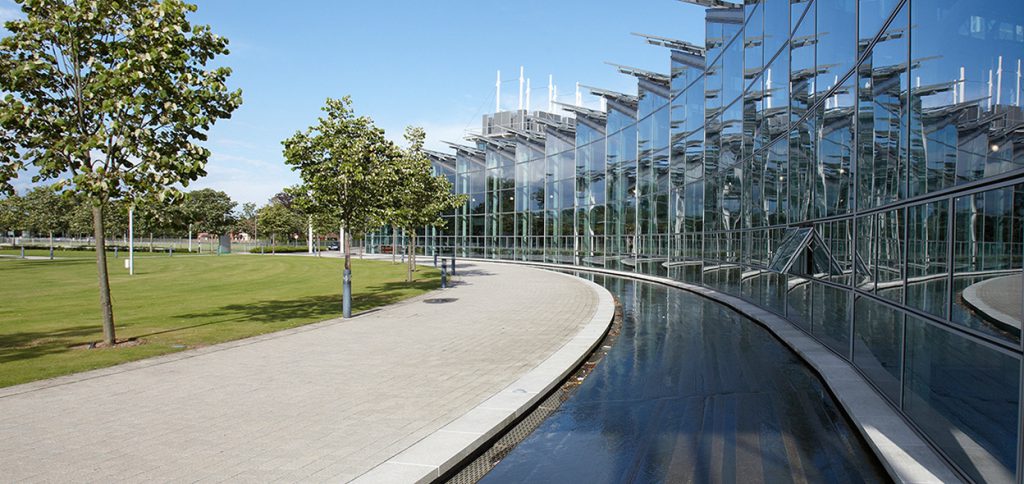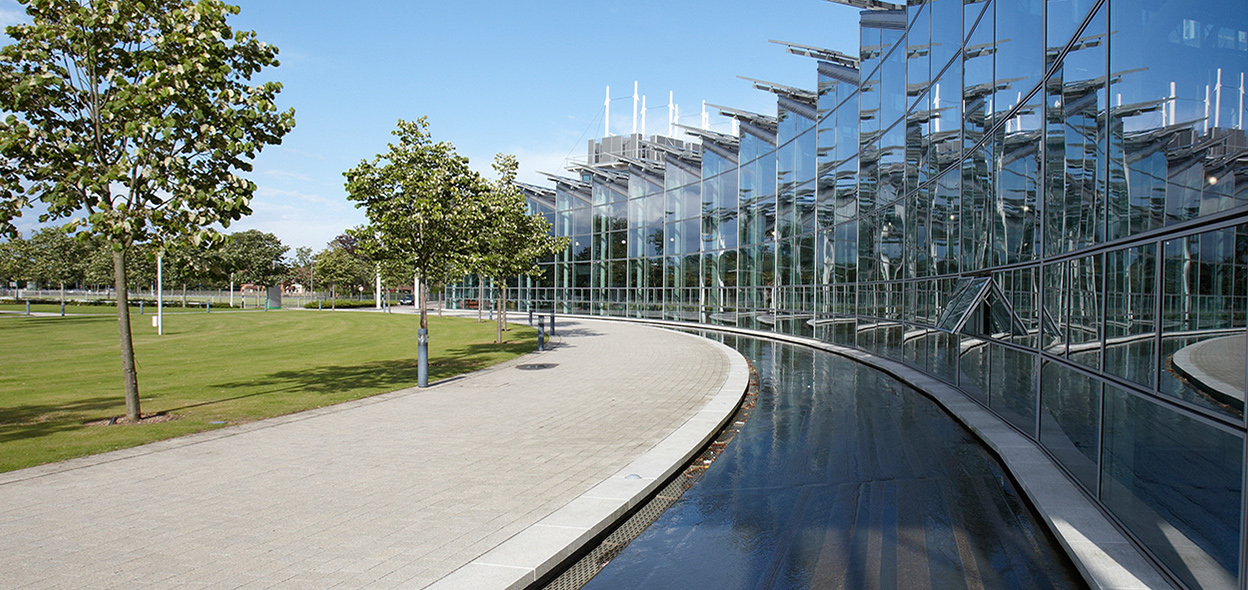
Spelthorne Borough Council received £7.5m net revenue from its property investments last year – with the figure set to overtake council tax receipts next year.
The council’s outturn figures, published this week, show gross income from the council’s property assets came to £41.5m during 2018/19 – higher than any other income line in its budget.
After interest and other costs on the portfolio, £7.5m remained to fund services – a figure set to rise to more than £9m next year.
The authority has led the way in the current trend for councils to invest in commercial property to generate income.
It has spent more than £1bn on offices in recent years.
Terry Collier, deputy chief executive at Spelthorne, told Room 151: “There are two sides to risk.
“One is risk of things going adversely. But sometimes there is a risk that arises from not grabbing an opportunity.
“I am aware of some councils that face cutting their staff numbers by up to 20%, and we are not in that position, thanks to the income from our property investments.”
The sums
Rental income from commercial property in 2018/19
- £41.52m
Costs and provisions
- £20.40m – interest on borrowing for property purchases;
- £7.84m – minimum revenue provision on the properties;
- £5.78m – paid into a sinking fund to pay for refurbishment and to cover void periods where rental income is not received.
Net revenue for services
- 7.48m
The net revenue from commercial property is already around double the gross amount the council received through business rates, Collier said.
Council tax receipts of £7.75m just pipped the net profits from the property portfolio during 2018/19.
However, Collier said that, because three properties were only acquired halfway through the year, the amount of rental income will increase next year.
This, he said, would mean net income from the assets will total more than £9m during 2019/20.
Spelthorne’s budget documents for 2019/20 published in February show gross income from the property portfolio will reach £50.6m this year.
In addition to protecting jobs, Collier said that the new income source is helping to pay for a programme of housebuilding in the borough.
In February, Spelthorne called time on its controversial programme of borrowing from the Public Works Loan Board (PWLB) to fund new commercial property purchases.
It said it had “achieved our objective of significantly boosting our income to support provision of services”, and will now focus its capital strategy on investment in affordable housing and regeneration.
The council’s strategy of borrowing cheaply from the PWLB and buying offices is understood to have caused significant concern within central government.
Speaking before Parliament’s Housing, Communities and Local Government Committee in January, MHCLG permanent secretary Melanie Dawes said: “There are only one or two councils that we are aware of that are really pushing the envelope beyond the guidance we updated recently with CIPFA.”
However, she refused to confirm that Spelthorne was one of these councils, saying only that the council “certainly has very high borrowing rates”.
Spelthorne’s spending spree began in 2016, with the £360m purchase of the BP Campus in Sunbury, within the council’s boundaries.
Government data released last week indicates commercial property investment by local authorities in England rose again last year, though it is unclear on whether the annual rate of increase is slowing.














